Why Qatar makes this football fan so uneasy

And perhaps it helped that it is effectively a monarchical dictatorship. Not too long after the decision (Russia was awarded the 2018 World Cup at the same meeting), the French then-secretary general of FIFA, Jerome Valcke, admitted: “Less democracy is sometimes better for organising a World Cup … When you have a very strong head of state … that is easier for us organisers than a country such as Germany, where you have to negotiate at different levels.”
There are not many levels you have to negotiate in Qatar. Though article 1 of the Qatari constitution claims that its “political system is democratic”, article 8 declares: “The ruling family of the state is the House of Thani. Rule shall be passed down from father to son.”
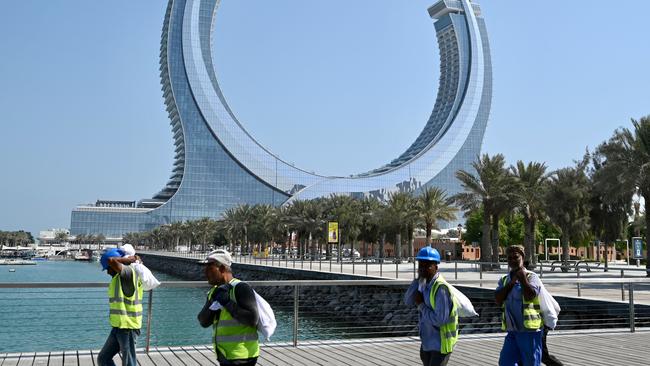
Article 72 says that the prime minister “is appointed by the emir” and article 64 that the emir “must be respected by all”. This week that constantly brave and emir-disrespecting campaigner for gay and other rights, Peter Tatchell, travelled to Qatar, unfurled a small banner by the National Museum, was quickly detained by police and, in effect, deported. Through his action Tatchell reminded us that Qatar is one of 69 countries where private, consensual, adult sex between same-sex partners is punishable, in Qatar’s case by up to seven years’ imprisonment (formally) and by being beaten and humiliated by the police (informally).
The backdrop against which Tatchell was pictured – the striking, new National Museum – tells what is possibly the most extraordinary story about the emirate: that virtually no Qatari citizen will have been involved in its construction. Of a population of three million, only a tenth are citizens. The rest are foreign workers, their temporary status emphasised by the most remarkable demographic statistic I’ve seen recently: 76 per cent of the Qatari population is male.
Nor can these people who built modern Qatar hope to share in its future. You can apply for citizenship only after 25 years of residency, during which you must not have left the country for more than two consecutive months. It was recently reported that Qatar naturalises about 50 foreigners a year.
Many of these workers, deprived of the rights given to citizens, have been treated badly. Though a notorious indentured labour practice known as kafala has been abolished, hundreds of foreign workers are estimated by various studies to have died on World Cup-related construction projects. Many of them, crudely, were simply overcome by the extreme summer heat. The numbers are estimated because Qatar has possibly never kept and certainly never released figures. It would seem that the workers just don’t count.
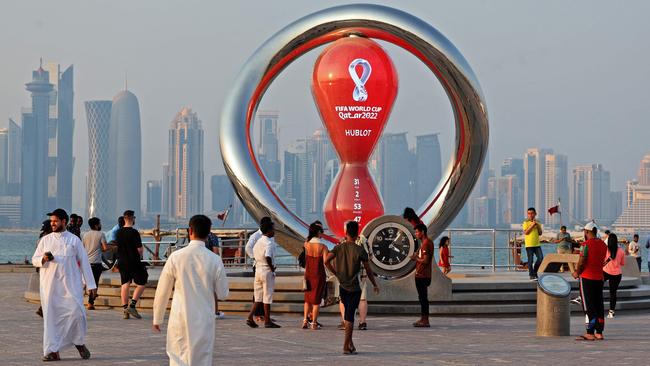
Tatchell was urging fans to boycott the World Cup when it begins in four weeks’ time but many will already have armed themselves with the standard defences to his request. There’ll be the Nobody’s Perfect defence, where it will be asserted – not unfairly – that if we refused to play sports with and in countries with nasty records on various things, we wouldn’t be travelling anywhere much. To which the answer, of course, is it must surely be a matter of degree. Then there’s the Don’t Bring Sport Into Politics argument, to which the reply must be: “Too late, buster.” The use of sport and culture as instruments of state policy and PR for various regimes is too well established by now. Finally, FIFA’s own favourite, the Hosting Will Lead to Reform assertion, has been blown apart by our experiences of China’s crackdowns in the wake of the 2008 Olympics and an authoritarian Russia’s double invasion of its neighbour in 2014 and 2022. Hosting does no such thing. It just strengthens the host regime.
Yet here we are. In a month’s time the jamboree will start, the deafening music will play, the breathless commentary will invite everyone to admire the achievement of building eight beautiful stadiums all within a 34km radius of Doha city. On Wednesday we discovered that one of those jamboreeing, if he “can get away”, will be the foreign secretary, James Cleverly. Back on all the talk shows doing his customary defending of whoever is currently the PM, Cleverly explained why he thought he ought to be there. “It is a major international event,” he said. “There will be lots of my international interlocutors there and also there will be a whole load of Brits and one of the first duties of the Foreign Office is protecting British nationals while they travel abroad.”
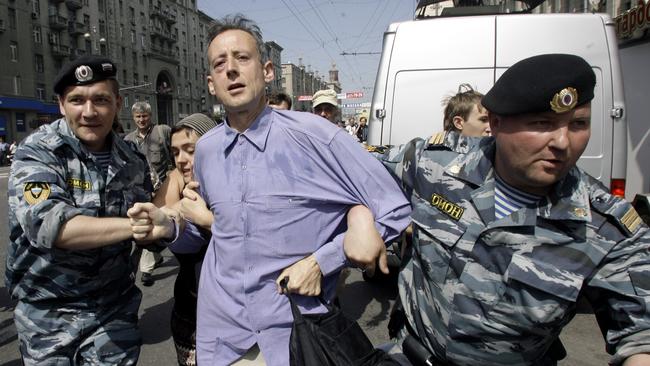
How very conscientious. Those with memories stretching back 14 months will recall a major international event involving Brits abroad for which the then-foreign secretary (and now, once again, deputy prime minister) did not think it was necessary to break his holiday on a Greek island. But then, Kabul is not Doha. As to the treatment of gay fans attending World Cup matches, Cleverly offered this advice: “Please do be respectful of the host nation. They are trying to ensure that people can be themselves and enjoy the football, and I think with a little bit of flex and compromise at both ends it can be a safe, secure and exciting World Cup.”
Spoken like a true PR flack for the Qataris. But what does this flex and compromise actually mean? That if gay football fans promise not to behave in too Pride-ish a way, then the authorities generously agree not to arrest them or rough them up?
If ever a rule should be inverted, it’s the Cleverly one. Countries that want to hold major international sports events to boost their standing in the world need to observe our customs – if by our “customs” we mean observing basic human rights. Sports’ governing bodies should award partly on that basis. But they didn’t. Football is the only sport I really love to watch. And I adore the World Cup. I’m the person for whom Ecuador against Senegal at the bottom of Group A holds a thrill and Brazil versus Argentina in a semi is like going to heaven.
Yet I don’t think I can stomach this one and I wouldn’t dream of going. Even watching from afar feels horribly like collusion. It’s all a bit sad.
– The Times


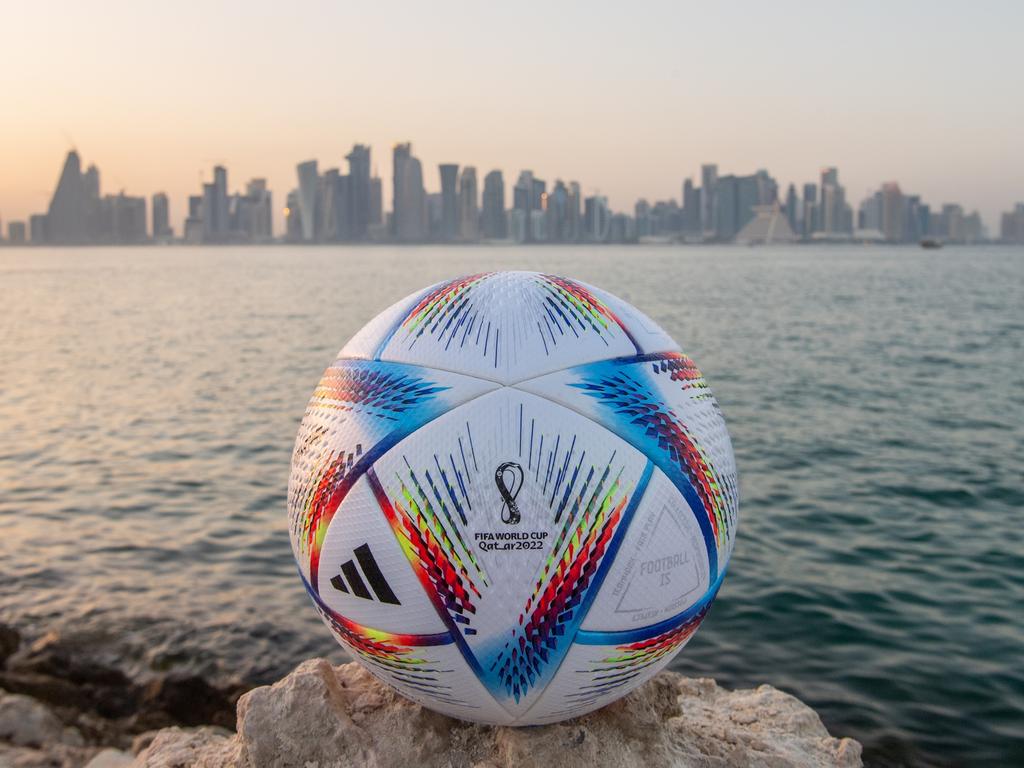

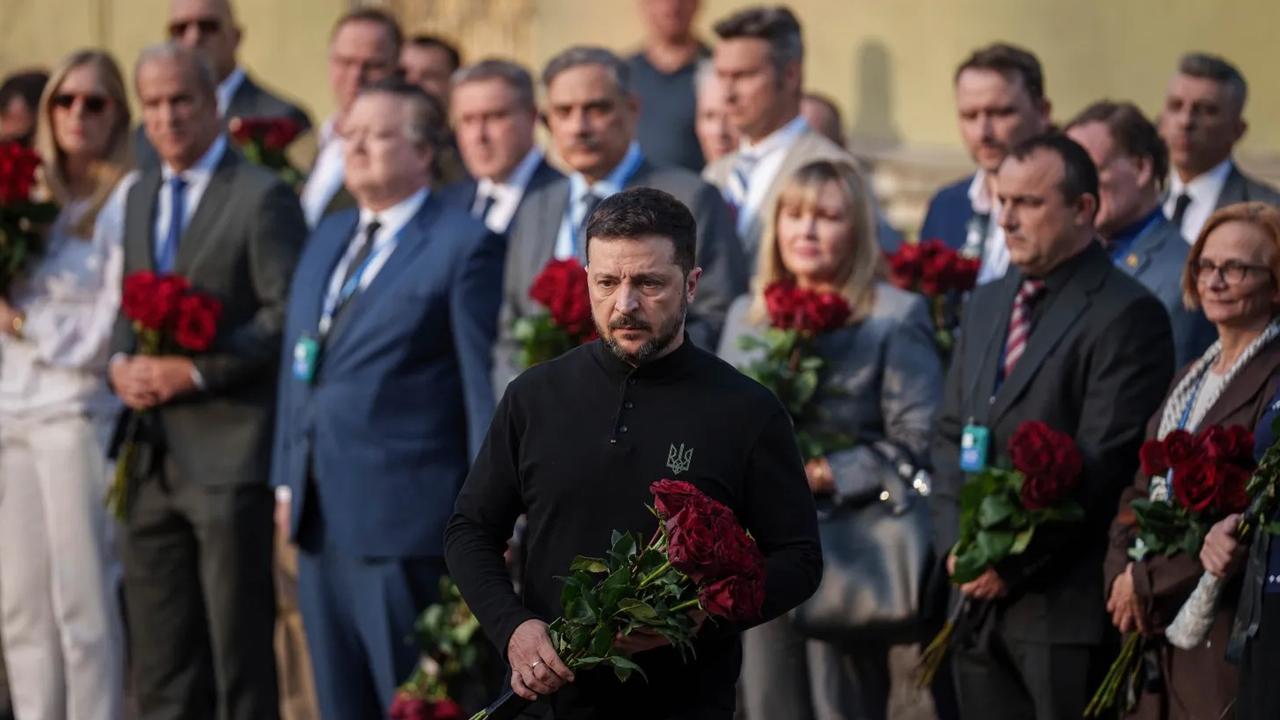
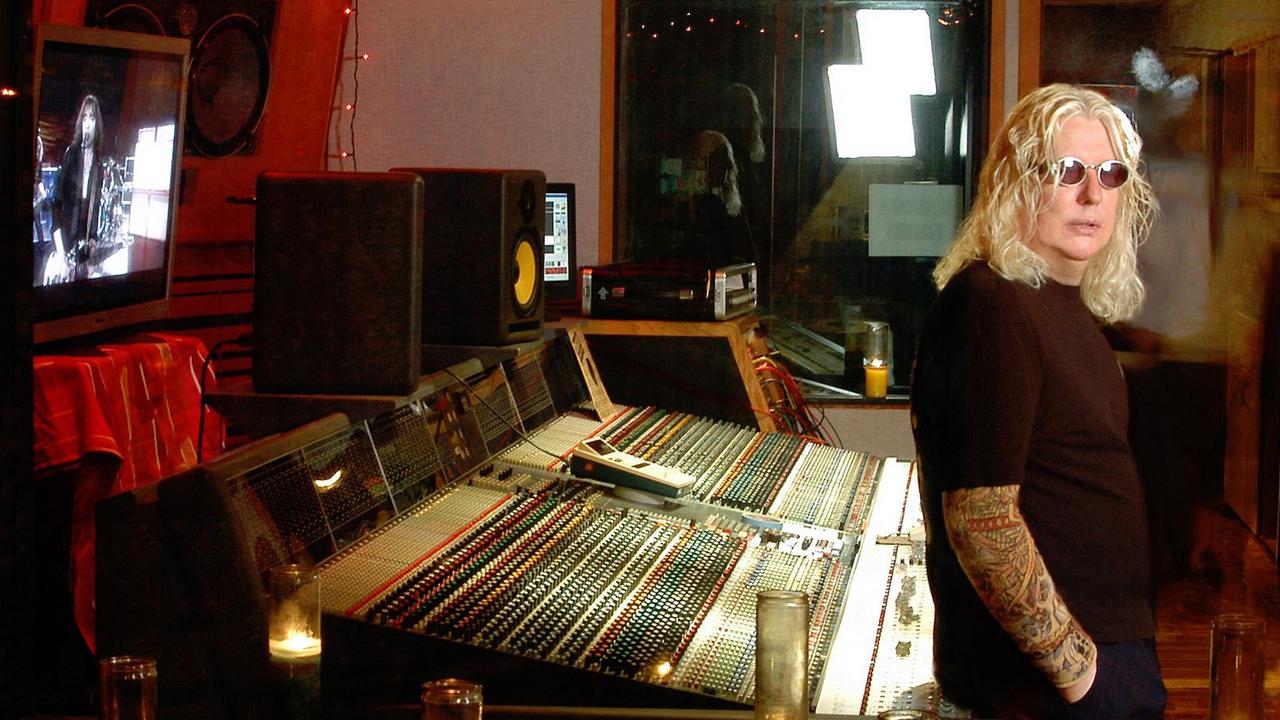
Just under 12 years ago, the right to stage the 2022 World Cup was won by Qatar, a country with a citizenship the size of Cardiff, as part of its power play in the Gulf region. Without any tradition in the game (name a top Qatari footballer) and with a climate that has necessitated a change in the competition’s timing, disrupting domestic schedules the world over, the mini-state would never have been considered as a host nation by the 22 (all-male) FIFA delegates if it hadn’t been for its financial power.